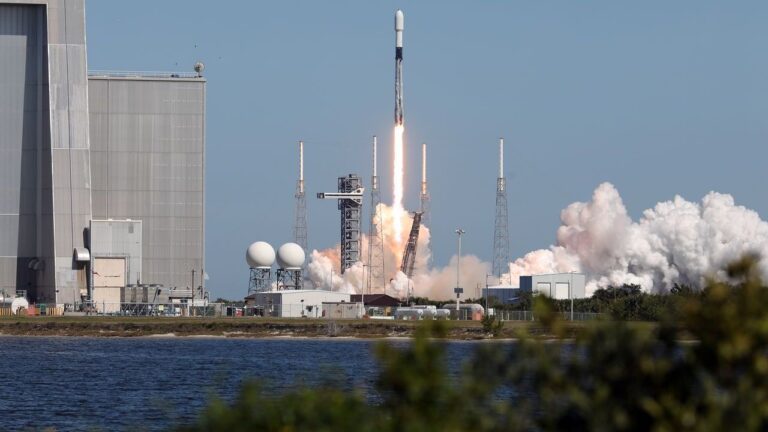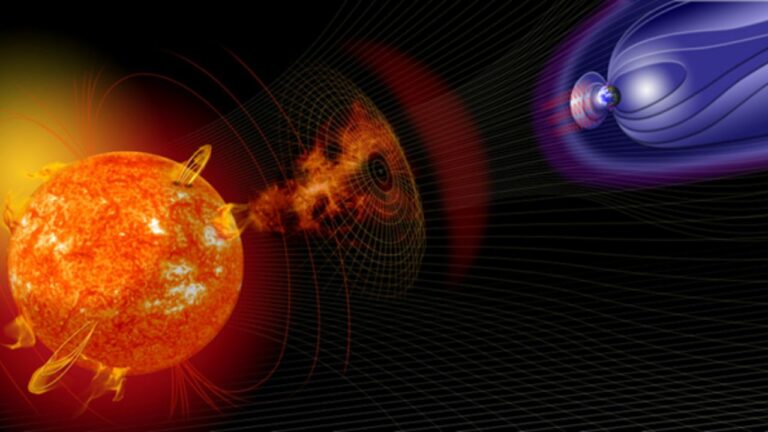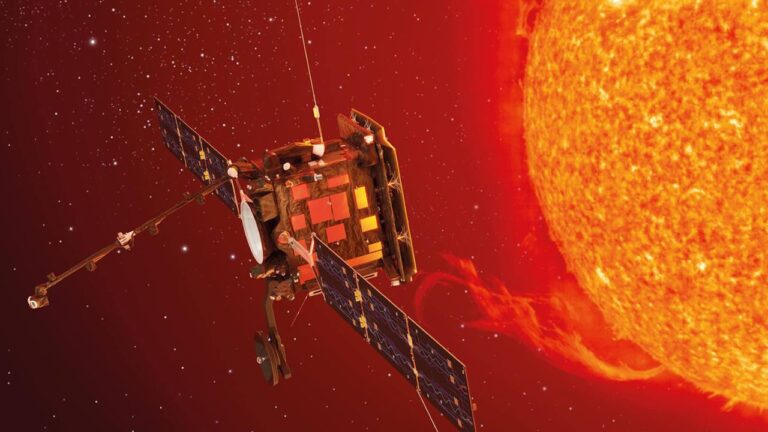
Planet Labs, renowned for its pioneering small satellite constellation providing daily Earth imagery, is intensifying its use of artificial intelligence (AI) to transform vast amounts of data into actionable insights. However, a senior executive emphasizes that AI’s potential goes beyond superficial demonstrations and requires deep domain expertise and situational knowledge.
A Cautious Approach to AI
“We have evolved in our thinking,” said Troy Toman, Planet’s senior vice president of product and software engineering, during a recent event aimed at U.S. government customers near Washington, D.C. Toman highlighted that while capturing the entire planet daily is impressive, the real value lies in delivering specific, actionable intelligence rather than just images.
From Imagery to Insights
Reflecting on the company’s journey since 2017, Toman noted the initial excitement around machine learning projects for tasks like ship detection and infrastructure monitoring. However, he soon realized that effective solutions require more than AI; they need comprehensive domain knowledge and situational context.
“AI tools can perform powerful use cases in seconds,” Toman explained. “But for everyday needs, you need much more expertise and knowledge.”
Launching the Insights Platform
In April, Planet launched an “insights platform” that combines data from its satellite constellation with other sources, utilizing AI tools to produce actionable insights. While U.S. intelligence agencies primarily seek raw data, most customers need tailored solutions to specific problems, such as tracking illegal activities or agricultural planning in conflict zones.
Managing Staggering Data Volumes
Planet manages an overwhelming 30 terabytes of data daily, processed by around 80,000 servers. Toman acknowledged the dual nature of this data abundance: it provides extensive information but also presents a challenge in sorting and analyzing it. AI helps by quickly identifying relevant data, though it is not a cure-all.
One example is Planet’s collaboration with SynMax, a satellite data analytics company specializing in maritime surveillance. Together, they create accurate, court-admissible records of ship traffic using AI, highlighting the essential role of AI in managing and interpreting massive data sets.
Military Concerns and Strategic Positioning
Commercial satellite imagery is increasingly significant to the U.S. military. Maj. Gen. Gregory Gagnon, the Space Force’s deputy chief of space operations for intelligence, expressed concerns about China’s rapid deployment of remote-sensing satellites aimed at undermining privacy and monitoring adversaries. This competition necessitates swift U.S. advancements in both military and commercial satellite capabilities.
The Future of AI in Earth Observation
Planet’s next AI frontier involves on-orbit computing, running AI models directly on satellites to reduce data processing time from hours to seconds. Later this year, the company plans to launch a high-resolution Pelican-2 satellite equipped with Nvidia’s Jetson edge AI platform, marking a significant step in space-based AI applications.
A Shift Towards Profitability
Planet’s focus on actionable insights aligns with its strategy for profitability, driven by growth in the government sector, particularly defense and intelligence. Dave Gauthier, chief strategy officer at GXO Inc. and a former National Geospatial-Intelligence Agency official, observed this shift during a conference panel, noting the evolution of Planet’s marketing from daily Earth imaging to providing valuable insights.
In summary, while AI is revolutionizing the satellite imaging industry, Planet Labs recognizes that its full potential is realized only when combined with comprehensive expertise and contextual understanding.






